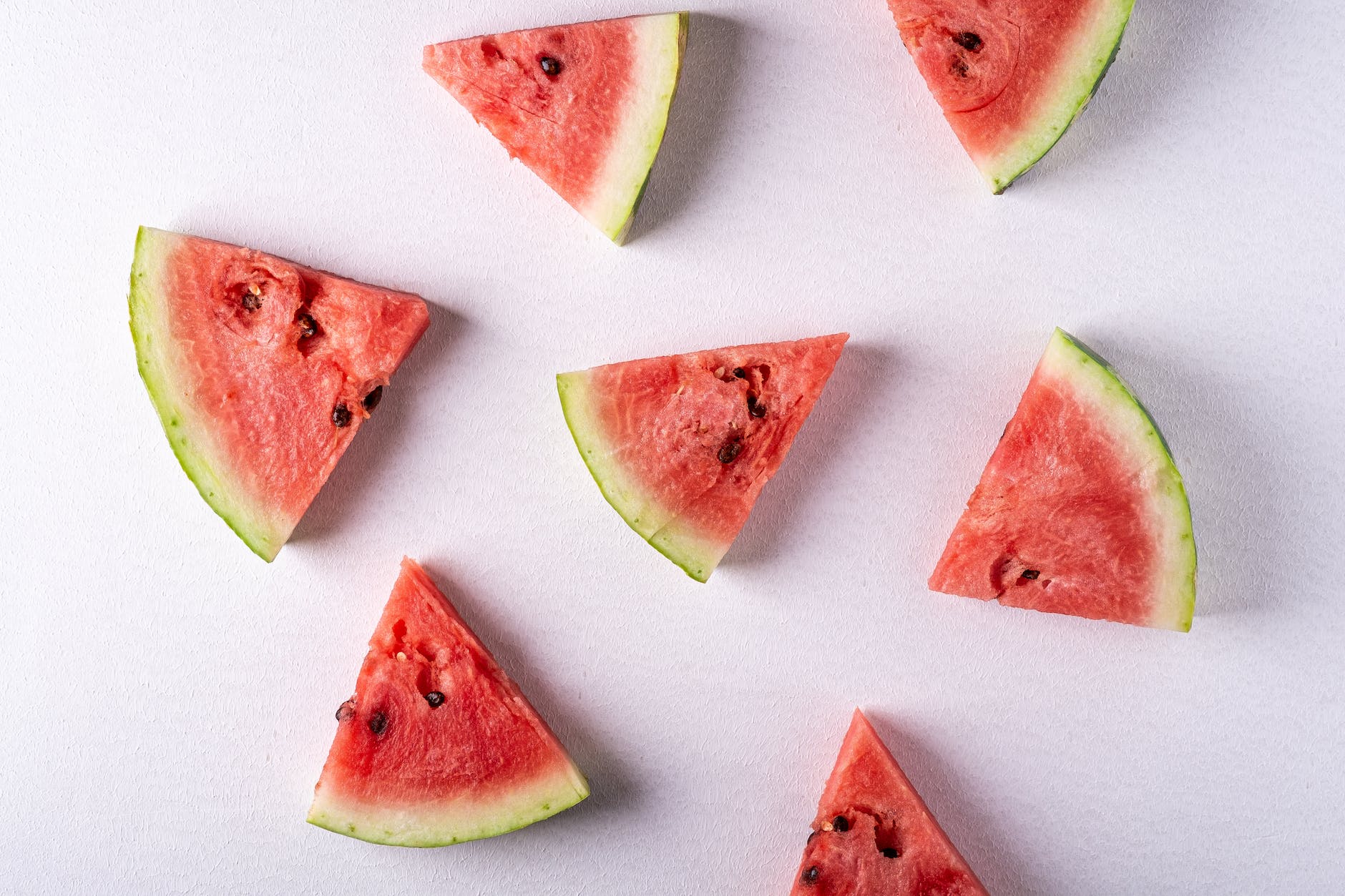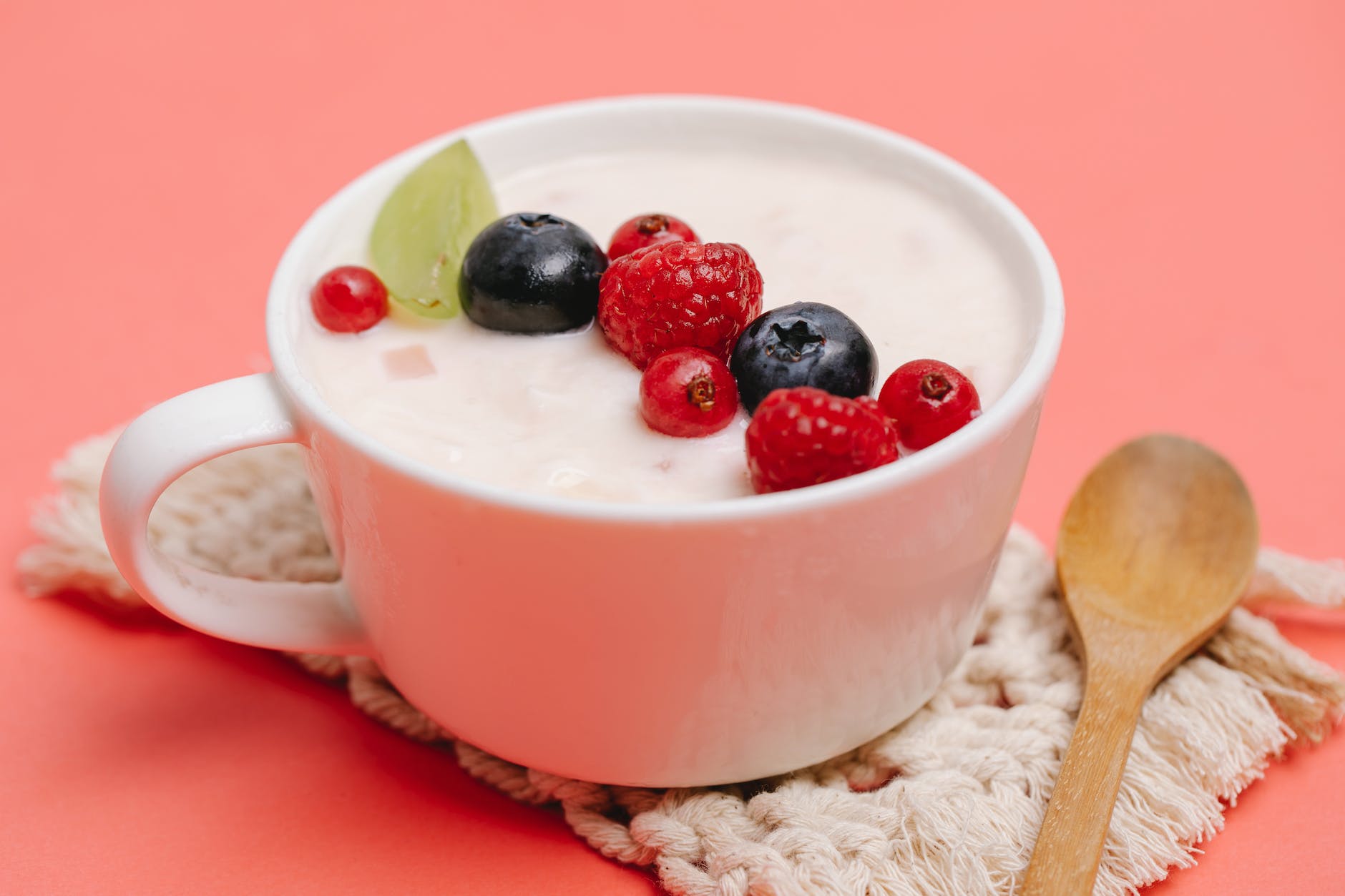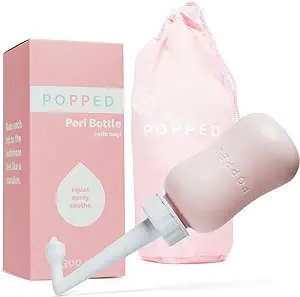15 Breastfeeding Foods to Increase Milk Supply
15 Breastfeeding foods to increase milk supply
If you’re breastfeeding, the more milk you produce, the better. So if your baby isn’t drinking enough from one breast or from both breasts at each feeding, it’s a good idea to boost your milk supply.
Food choices play an important role in how much milk you make. Some foods can help boost your supply, while others can decrease it.
Oats
Oats are a great food for breastfeeding moms because they provide fiber, protein and B vitamins. Fiber is important for digestion, preventing constipation and keeping your tummy full. Protein helps you feel full for longer periods of time, so you’ll be less likely to snack on high-calorie foods when you don’t need to. B vitamins have been shown to help increase energy levels in breastfeeding women who are experiencing fatigue due to sleep deprivation, lack of food and stress. Iron is an important nutrient that helps transport oxygen throughout your body; it also helps make red blood cells which carry oxygen around your body via hemoglobin molecules inside said red blood cells. Calcium builds strong bones and teeth in both breastfeeding mothers and their babies (and also makes them very strong).
Salmon
Salmon is rich in protein and helps boost milk supply. You can eat it raw or cooked. Eating at least one serving of salmon each day will help increase your breastmilk production.
Watermelon

Watermelon is a good source of water and vitamin C, both of which can help you make more milk. It also contains citrulline, which helps the body produce more milk. Watermelon is a great snack that you can keep handy throughout the day to rehydrate yourself and provide some extra calories for breastfeeding mamas who need to eat more!
Avocado
- Avocado
- Rich in healthy fats, avocados can help you make more milk. A good source of vitamin A and D, as well as calcium, potassium, and fiber, avocados also offer folate, B6, and vitamin C.
Fish oil supplements
Fish oil supplements should contain both EPA and DHA. These are omega-3 fatty acids, which are important for brain development and immune system function in infants. They’re also thought to be essential to breastfeeding success; a 2018 review of studies found that women who were supplemented with fish oil while breastfeeding had higher levels of milk production than those who didn’t take supplements or took other types of supplements.
Beans and lentils (garbanzo beans, kidney beans, chickpeas)
Beans and lentils are great sources of protein and fiber. Protein helps build your baby’s muscles, bones, and organ tissue, while fiber can help keep you feeling full. You should have about 25 grams of protein per day while breastfeeding—and eating beans and lentils is sure to help you reach that number.
Beans and lentils also contain iron—a nutrient that helps lower the risk of anemia during pregnancy as well as postpartum (the time after delivery). Iron is important for breastfeeding moms because it supports the production of breast milk.
Yogurt with live cultures (not all yogurts are made equal)

Some yogurts contain live cultures and some do not so be sure to look for the “live” words on the package before you buy. The few that have this designation might include: Activa, Activia, DanActive, and Dannon Light & Fit Greek Yogurt (Light & Fit Original has non-active bacteria). If it does not say anything about active or inactive then it’s probably just regular yogurt with no extra benefits for your baby.
Applesauce or pear sauce (in addition to breastfeeding)
Applesauce and pear sauce are great for boosting milk supply. Just eat it in addition to breastfeeding, not instead!
Related Post: 10 breastfeeding tips I wish I knew
Bananas and berries like strawberries, raspberries, cherries, and blackberries (eat them raw or as smoothies)
Bananas and berries like strawberries, raspberries, cherries, and blackberries (eat them raw or as smoothies)
Bananas are rich in potassium which is important for maintaining a healthy heart and nervous system. They also contain soluble fiber so they help keep your cholesterol levels under control. The fruit is also rich in vitamin C.
Berries are known for their high antioxidant content that fights free radicals in the body which cause aging and disease. Berries have anthocyanins which have anti-inflammatory properties that can help reduce swelling during breastfeeding.

Fatty fish like mackerel and sardines are rich in protein and omega-3s. Eat them at least once a day. They’re also good sources of calcium and vitamin D, which can help with milk production.
Omega-3 fatty acids are important for brain development. As your baby’s brain grows, its omega-3 intake should increase as well. Omega-3s promote healthy brain function and can lead to improved learning abilities, memory, and behavior. In addition to promoting the growth of the fetal brain during pregnancy, omega-3s also help with postpartum depression.
It’s important that you eat enough omega-3s because you need more of them than your baby does (10 times more) when breastfeeding! These fatty acids are essential for a healthy heart and cardiovascular system—so if you have any existing health issues like high blood pressure or cholesterol problems it would be wise to see your doctor before starting a new diet plan with lots of fish in it (and definitely talk about adding these foods into your diet before trying any other supplements).
Almonds, walnuts, and pumpkin seeds provide healthy fats that boost milk supply by helping the body absorb fat-soluble vitamins A, D, and E from food sources. Plus, they taste great! Add them to salads or sprinkle them over cereal or yogurt.
- Almonds, walnuts, and pumpkin seeds provide healthy fats that boost milk supply by helping the body absorb fat-soluble vitamins A, D, and E from food sources. Plus, they taste great! Add them to salads or sprinkle them over cereal or yogurt.
- You can also try adding avocado slices to a sandwich. Avocados are packed with healthy fats, which will help your body make more breastmilk.
- If you want to take it up a notch, add some salmon to your salad! Omega-3s are known for their ability to improve mood as well as increase energy levels – both helpful when you’re breastfeeding a newborn baby 24/7!
Related Post: Foods to avoid while breastfeeding for baby health
These foods can help you make more milk
These foods can help you make more milk.
- Oatmeal
Oatmeal is a great source of iron, which is essential to the production of breast milk. Iron also helps your body produce red blood cells, which carry oxygen and nutrients throughout your body. If you don’t get enough iron in your diet, you may feel tired or weak because there isn’t enough oxygen to get where it needs to go in your body. The good news is that oatmeal has about as much iron as a piece of medium-rare steak (6 mg per 1/2 cup cooked), so it’s easy to add to our diet! Plus, oats are naturally gluten-free which makes them safe for moms with celiac disease or other food sensitivities (just watch out for cross-contamination). Add some brown sugar and cinnamon on top for some sweetness!
- Salmon
Salmon provides three important nutrients: vitamin D3 (the real stuff from fish), omega-3 fatty acids (which will help regulate hormones while breastfeeding), and protein (one serving has almost 30% DV!). Omega 3s are also helpful in lowering blood pressure during pregnancy which benefits both mommy AND baby 😉
Conclusion
We hope this article has been helpful in providing you with some ideas for how to increase your milk supply. If you’re still having trouble and want more information, check out this article on breastfeeding!







